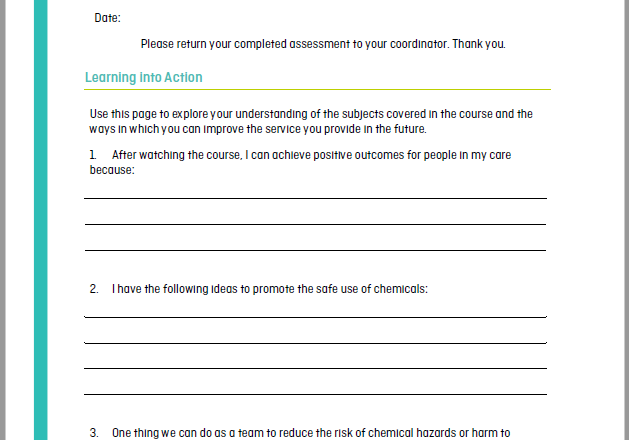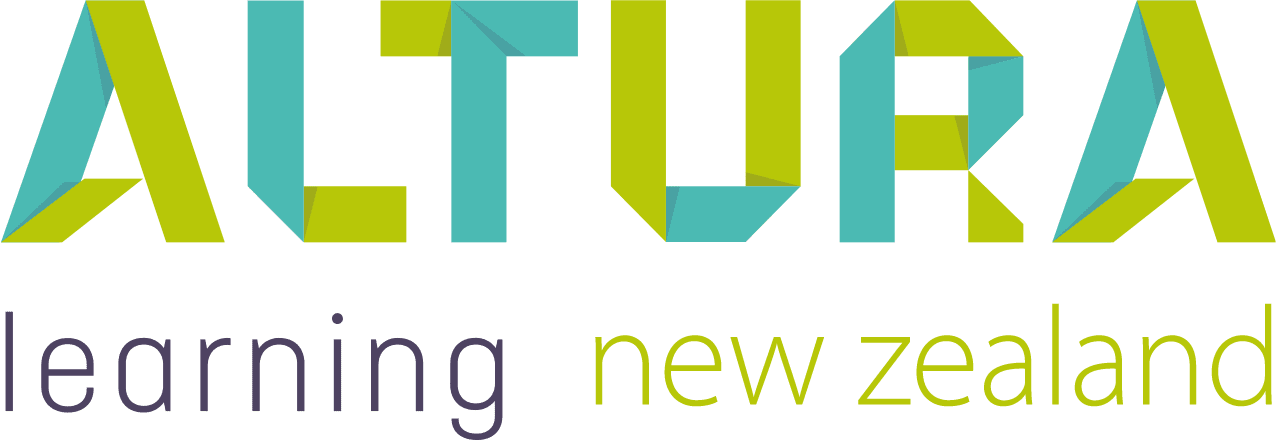Home | Altura Blog |
Extension Assessment
May 27, 2021 | Altura Blog
As part of our newsletter series, we’re looking at each learning resource and how you can utilise them in your organisation. This newsletter builds on our previous blog that discussed our essential assessment.
Our extension assessment is an additional layer of assessment that is comprised of questions that require short answers and are designed for the learner to:
- demonstrate an understanding of the subjects covered in the video
- reflect on their practice
- identify areas of their practice that could be improved upon and how those improvements will be implemented
The extension assessment can be given to all staff and it’s particularly useful for advanced practice nurses such as RNs who are required to reflect on their professional practice. It’s also really useful for staff who are being performance managed due to an incident or event. After watching the video, they are able to demonstrate a deeper understanding of the issue and how they intend to modify their practice.
The assessment can also be used in a group setting to facilitate discussion. The educator/facilitator can use the questions as a prompt for discussion. This can be done in small groups after handover, mandatory training or staff meetings.
The extension assessment is available on all platforms as a pdf that can be printed out for staff to complete, or if you use our Bridge Authoring Tool and LMS each course has an extension assessment version available in the library. You can bundle the extension assessment with the main essential course to form a program, or keep it separate and enrol your staff in both of them. Follow this handy guide on how to download short answer questions in Bridge for marking.
Theory behind the Practice
As learning and development professionals we know that there are a variety of ways that adults learn and there are a multitude of learning theories to support this.
Our extension assessment focuses largely on reflective practice. The Reflective models, such as reflective learning by Schon and Archer and the role of deliberate practice by Duvivier, et al[1] surmise that reflecting on practice leads to action which results in a change in practice. [2]
The action-reflection cycle[3] (also known as the cycles of inquiry) details that a reflective learner deliberately moves between action and reflection. Of course, it needs to be a continuous process as any action will need to be reflected on to see if it has brought about the desired outcome. It also needs to be deliberate.
What does this mean for you and your staff? We know as educators that a desired outcome of education is often a change in practice or behaviour. This model tells us that learners can’t be expected to change their practice or behaviour just from attending an education session without reflecting back on what they currently do. We can’t tell staff to change, they need to recognise a reason for it themselves.
To support this reflective practice, you could provide each learner with the Extension Assessment. Alternatively, if you are conducting a group session, you can design some questions to encourage reflection, use social/collaborative learning to your advantage or work alongside staff and discuss what and why they perform in a certain way.
Essentially, to really embed learning in the context of their practice and, if required, change, build in opportunities for your staff to reflect on their practice into your education.
[1] https://bmcmededuc.biomedcentral.com/articles/10.1186/1472-6920-11-101
[2] https://www.tandfonline.com/doi/full/10.3109/0142159X.2013.828153


